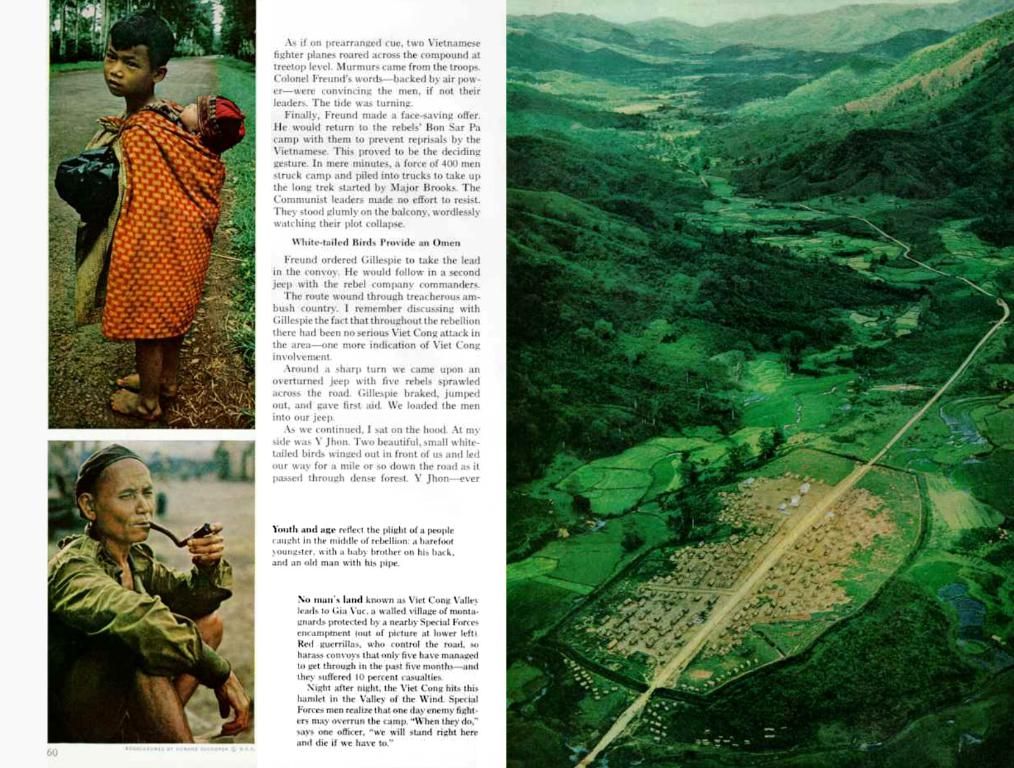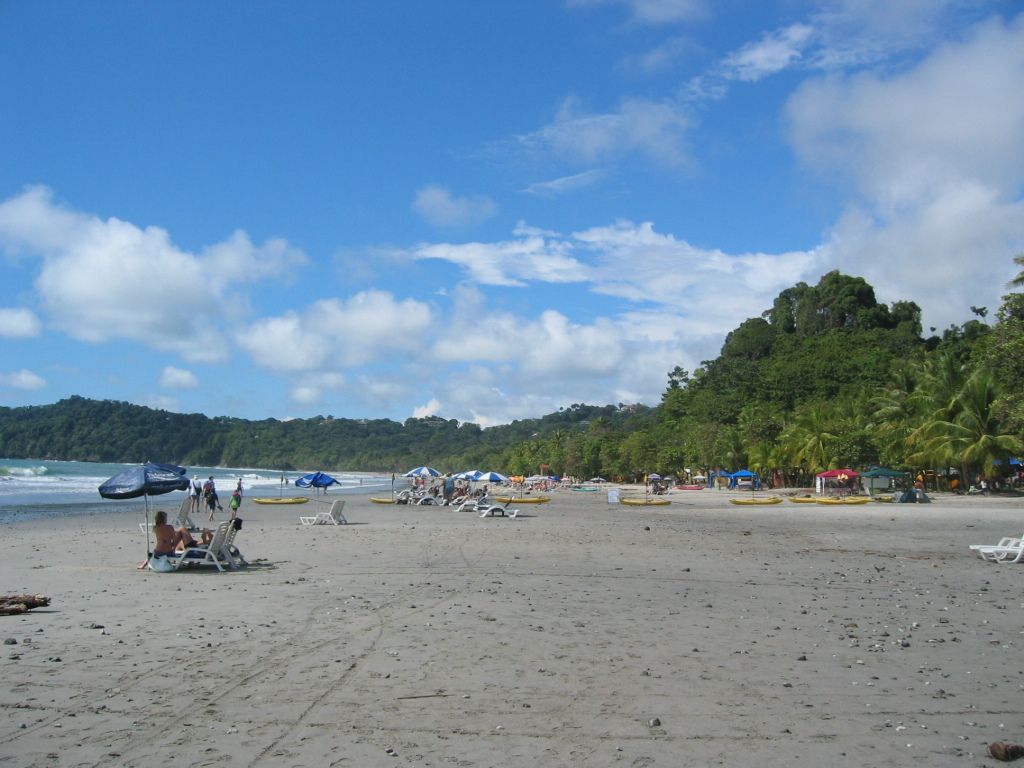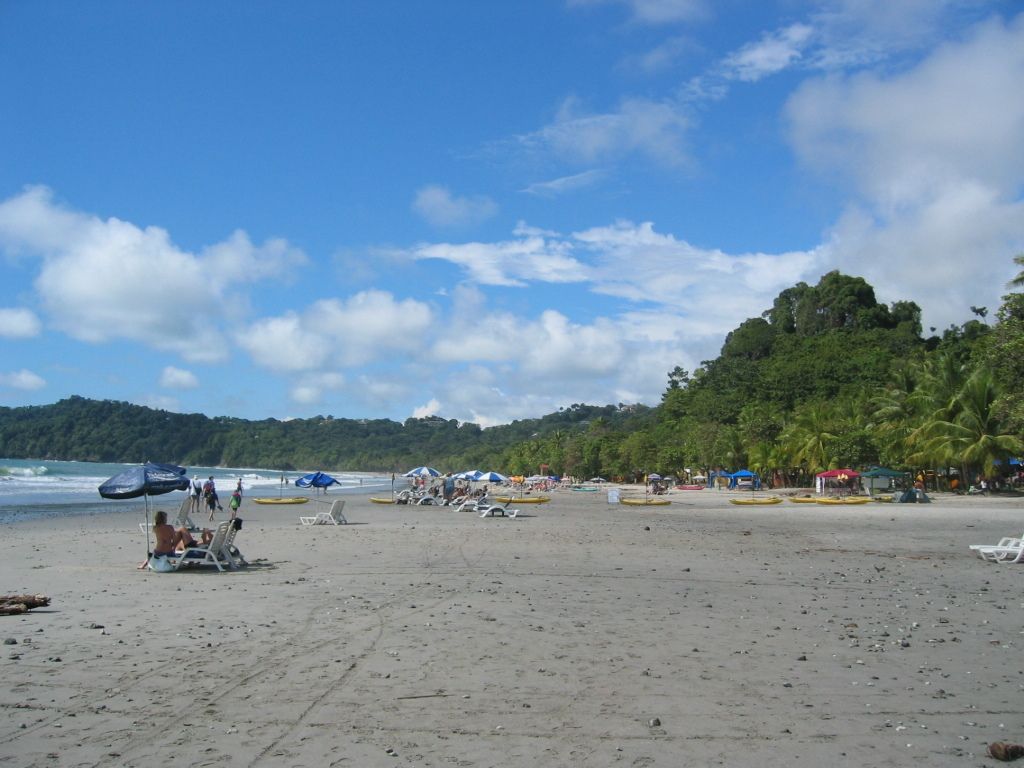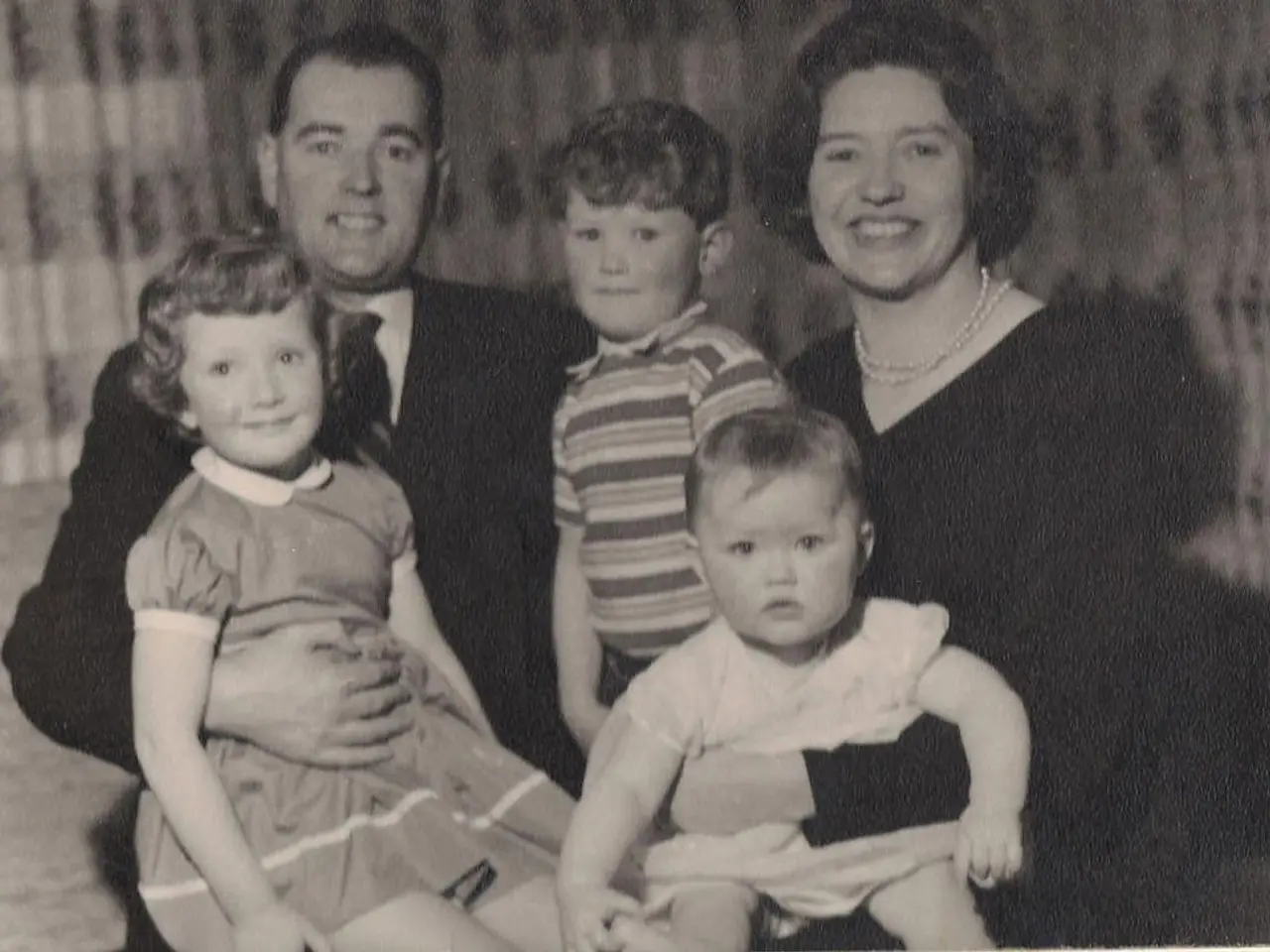SJPD dismantles clandestine betting operation
The Lowdown on San Jose's Illegal Gambling Ring Bust
The San Jose police department has stomped out an illicit gambling network, dismantling multiple underground casinos across the city. The authorities, from the Burglary Prevention Unit of SJPD, served warrants on 7 locations in San Jose and Los Banos.
The operations were found to be highly illicit, as stated by the detectives, with numerous individuals being taken into custody in connection with the wide-scale operation. Chuong Ho, a San Jose resident aged 43, was identified as the alleged mastermind behind this operation. Investigations revealed that Ho's apartment was also a hub for further illicit activities, such as narcotic distribution, consumption, and the trade of illicitly obtained goods.
As a result of these activities, the authorities recovered an impressive stash – over $285,000 in cold, hard cash, dozens of unlicensed, illicit gambling machines, 11 firearms, more than 8 pounds of crystal methamphetamine and cocaine, 500 MDMA pills, and over 2,000 pieces of stolen mail.
Ho and his arrested accomplices were taken into custody and booked at Santa Clara County Jail, facing a multitude of felony and criminal charges.
California, the Golden State, hosts the second most casinos in the nation, coming just behind Nevada's glitzy gambling capital, Las Vegas. Not only does California boast a substantial sports betting sector, but it generates a staggering $20 billion annually and supports over 124,000 jobs. Yet, the allure of the underground gambling scene is apparent.
The regulatory landscape surrounding the gambling industry in California is somewhat peculiar. California's casinos are owned and operated by Native American reservations, a privilege afforded by the Indian Gaming Regulatory Act (IGRA), 1988. These compacts, agreements between indigenous peoples and the US government, acknowledge their sovereignty and allow them to operate comprehensively regulated and legal gambling operations on their land. This narrow right to provide such services is almost exclusive to tribes in California.
While the legalization of sports betting is a promising step forward, it might not be enough to tame the beast that is the illicit gambling industry. The magnitude of this underground operation, running under the noses of the government, shows the existence of a significant blind spot in the regulation, likely due to the insatiable demand for a more diverse offering in the gambling sector.
The danger of neglecting this issue lies in the value it spawns to unsavory, illicit activities such as the trafficking of firearms and narcotics. Addressing such a lucrative problem could have an immense impact on keeping Californians safe from organizations linked to criminal activities.
Know More: The Silent Epidemic of California's Underground Gambling
The resilient illegal gambling problem in California is caused by a combination of factors:
- Lack of Legal Online GamblingIn California, state-licensed online casinos are absent, leaving room for unregulated offshore companies to take their place.
- Market Oversaturation vs. Legal SupplyWhile California's legal gambling industry is substantial, it's primarily focused on land-based casinos and is unable to meet the increasing demand for online gambling, which is one of the fastest-growing sectors in regulated states.
- Political and Regulatory HurdlesTribal nations dominate California's casino industry and have a strong influence in policies, slowing the legalization process and maintaining the vacant online gambling market.
- Enforcement ChallengesIllegal gambling operations, such as unlicensed online casinos and underground card rooms, are accessible and aggressively market towards Californians. Enforcing against these operations is difficult due to jurisdictional issues and the scale of the population.
- Cultural and Economic FactorsGambling is deeply entrenched in California's culture, making it difficult to suppress the persisting demand for online, accessible, and varied gaming experiences.
Overall, the continued success of California's underground gambling scene can be attributed to the gap between legal gambling options—mostly land-based and tribal-only—and the desire for online, accessible, and varied gaming experiences. Regulatory and political barriers slow the evolution of the legal market, while enforcement against illicit operators remains challenging, allowing the black market to flourish.
Upcoming: SiGMA Americas
SiGMA Americas is on its way to Brazil this June! This extravaganza of a summit brings together industry titans, offering exclusive insights, trailblazing knowledge, seminal speakers, and keynote addresses, along with an array of outstanding networking opportunities. Don't miss it!
- In light of the recent bust of an illegal gambling ring in San Jose, general news outlets should cover California's silent epidemic of underground gambling, highlighting the resilient illegal gambling problem in the state and the need for stricter regulations.
- The Silent Epidemic of California's Underground Gambling could potentially intertwine with crime and justice issues, as the illicit activities uncovered during the San Jose bust indicate a link between illegal gambling operations and other criminal activities such as narcotics trafficking and firearm possession.








